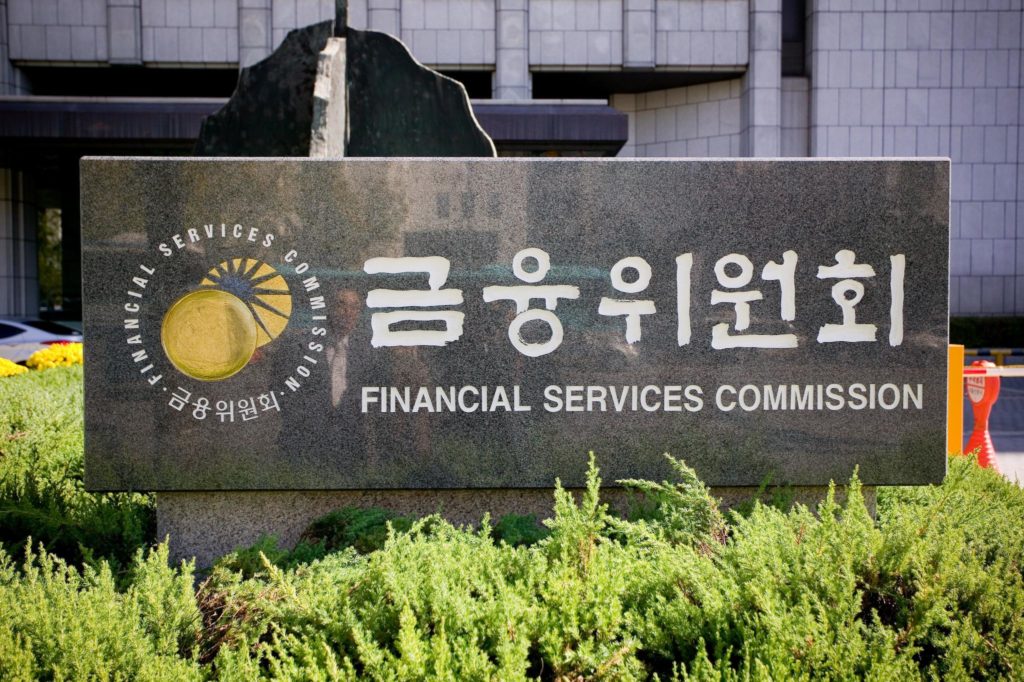
South Korea’s Financial Services Commission Clarifies NFT Regulations
South Korea’s Financial Services Commission (FSC) has introduced new guidelines that provide much-needed clarity on the regulatory treatment of non-fungible tokens (NFTs). These guidelines, aimed at distinguishing NFTs that function as virtual assets from those that do not, come as part of the broader regulatory framework under the Virtual Asset User Protection Act set to take effect on July 19, 2024.
NFTs, or non-fungible tokens, are digital assets that carry unique identifiers, making each token distinct and irreplaceable. They are primarily used for trading digital content such as images, videos, and other media. Unlike cryptocurrencies, which can be infinitely replicated and exchanged, NFTs are limited in number and less prone to secondary market trading, reducing the risk of large-scale user harm.
The FSC’s new guidelines aim to delineate when NFTs should be considered virtual assets, thus subject to the same regulatory scrutiny as cryptocurrencies. This move aligns with international practices, where the regulatory treatment of NFTs is based on their practical characteristics rather than their technological format.
According to the FSC, the legal nature of NFTs will be determined based on a thorough analysis of their practical characteristics, including issuance and circulation structure, agreements, advertisements, business and service content. The guidelines specify several conditions under which NFTs will be classified as virtual assets:
- Mass Production and Divisibility: NFTs that are mass-produced or can be divided into smaller units are likely to be classified as virtual assets. This is because such NFTs can be traded in large quantities and used as payment methods, similar to cryptocurrencies.
- Use as Payment Mechanisms: NFTs that can be used directly or indirectly as payment for goods or services will also fall under the category of virtual assets. This includes scenarios where NFTs are exchangeable for other virtual assets or are used in transactions among unspecified individuals.
- Economic Function and Utility: NFTs that possess significant economic value and utility, such as those used in high-volume transactions or issued for investment purposes, will be considered virtual assets.
Conversely, NFTs that are issued in limited quantities and lack substantial economic value or transferability will be classified as regular NFTs. Examples include digital certificates, identity verification tokens, or event tickets that are non-transferable and not intended for economic gain.
The guidelines place a clear responsibility on issuers, distributors, and dealers of NFTs to determine the legal characteristics of the NFTs they handle. Businesses dealing with NFTs that meet the criteria for virtual assets must comply with relevant regulations, including registration as virtual asset service providers (VASPs). Failure to do so could result in criminal penalties.
For entities planning to issue, distribute, or handle NFTs in the future, adherence to these guidelines is crucial. They must evaluate the legal characteristics of NFTs and ensure compliance with the new laws to avoid regulatory breaches.
The FSC’s approach is in line with regulatory practices in other major countries. In the United States, the Securities and Exchange Commission (SEC) evaluates NFTs based on their characteristics to determine if they qualify as securities. Japan and Germany also apply financial regulations to NFTs based on their substantive nature rather than their technological aspects.
In these jurisdictions, NFTs that function similarly to securities or are used as payment methods are subject to stricter regulatory oversight. For instance, Germany’s BaFin classifies NFTs as securities if they carry transferable rights identical to those of traditional securities.





